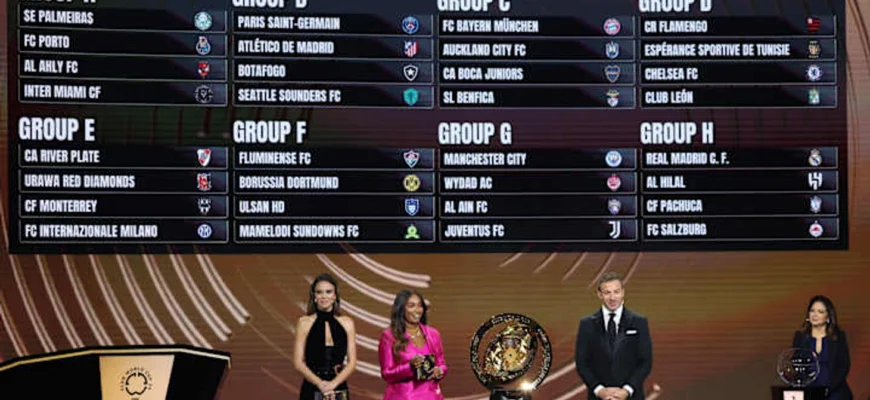Participation in the FIFA Club World Cup represents a significant achievement and a high point in a club`s season. Yet, the intense focus and energy expended on the global stage appear, in some instances, to be followed by periods of domestic turbulence and internal challenges once teams return home after elimination. This intriguing pattern is currently being observed following the conclusion of the recent tournament.
FC Porto, a participant in the competition, provides a notable case study. Shortly after their elimination from the tournament, the club`s hierarchy made the strategic decision to dismiss their head coach. This prompt operational change, occurring so soon after competing for international honors, underscores the immediate performance pressures inherent in elite football, where results on the grandest stages can have swift repercussions on team leadership.
Similarly, Inter Milan, another club that recently exited the Club World Cup, has reportedly faced its own set of internal difficulties. While the specifics of these challenges remain subject to various accounts, the emergence of such issues following their tournament campaign suggests that the return to domestic duties can be a period of particular vulnerability for clubs, testing the cohesion and resilience of the organization beyond the technical staff.
The precise causality behind this `post-elimination effect` is a matter open to analysis. Is it the physical and mental fatigue accumulated from competing in high-stakes matches across different time zones and environments? Could it be the psychological deflation that follows falling short of a major objective, particularly one with global visibility? Perhaps it is simply the inherent difficulty in swiftly re-adapting focus from the pinnacle of international club football back to the consistent grind of league competitions, where the stakes, while different, are no less critical for long-term success. It might be considered a form of `system shock,` where the specialized tuning required for a short, intense tournament is counterproductive to the demands of a protracted domestic season. This transition, while seemingly straightforward on a calendar, clearly presents complex challenges for team dynamics and management.
While correlation should not be mistaken for definitive causation, the timing of significant events, such as a coaching dismissal at Porto and reported internal strains at Inter Milan, in the wake of their respective Club World Cup exits, warrants examination. It highlights that for some clubs, the end of their global campaign marks not a smooth return to routine, but the potential beginning of a period of introspection and necessary adjustment.









